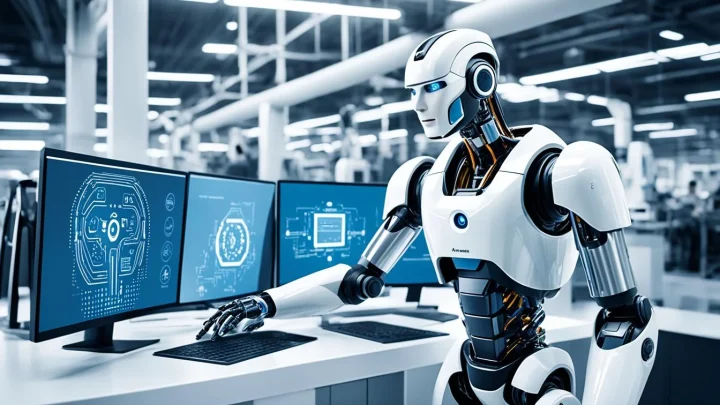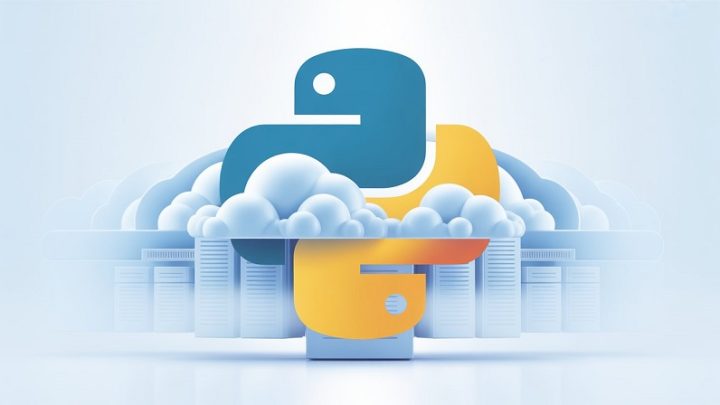Frequently Asked Questions
Many entry-level roles require a good foundation in statistics, logic, and basic programming (often Python). You don’t need to be an expert at first — structured courses, hands-on projects, and mentoring can help you build confidence and skills.
Python is a top language (for machine learning, data manipulation). Tools like TensorFlow, PyTorch, Scikit-learn, as well as data visualization & analytics tools (e.g., Power BI, Tableau) are also highly valued. Familiarity with cloud platforms (AWS, Azure, Google Cloud) adds an edge.
AI/ML will automate some routine tasks, but it also creates many more roles: model designers, AI trainers, data scientists, ML engineers, and support roles. The key is acquiring skills that are hard to automate: creativity, ethics, problem-solving, domain knowledge. So yes, investing in AI/ML is safer now with the right skillset.
Typically, with consistent effort, many students reach a job-ready level in 3 to 6 months if they follow a structured program: learning basics, building projects, doing internships/freelancing, and preparing for interviews.
There are growing opportunities locally — in tech, fintech, healthcare, e-commerce, and governmental digital projects. Also, remote work and freelancing allow you to work with international companies. Many learners combine both local and global roles for experience and income.










